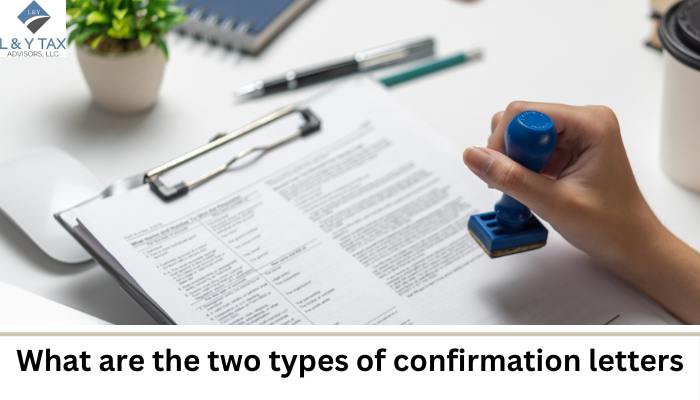
Where do IRS Audit Letters Come From?
Regardless of speculating about how to avoid the audit procedure, it is necessary to first learn from where do IRS audit letters come from and if those notices are issued from the official regulatory bodies of your state. Besides the Internal Revenue Service, commonly known as IRS, you can receive such notifications regarding financial scrutinization from the United States Department of the Treasury.
As soon as you receive such notifications via mail or agents visiting your personal or professional residence, it will prove the best in your interests to respond to them as soon as possible, or else the course of prospective events might lead you to IRS audit penalties, which one would never expect to suffer from.
In-depth research about where do IRS audit letters come from has revealed several analytical surveys suggesting that more than a million individuals and businesses get to experience federal and state audit representation once a year whether you’re moneyed, a mediocre breadwinner, or earning the lowest of all, it is impossible to predict the time and the person for whom the hassle is awaiting.
An Introduction to the Treasury
The national treasury and finance department of the federal government of the United States is the Department of Treasury which serves as an executive department. Under its supervision, specific operations are assigned to all of its bureaus, making up 98% of the Treasury workforce.
Of all the bureaus working under the Treasury, the Internal Revenue Service (IRS) is the largest of all, which is responsible for determining, assessing, and collecting internal revenue in the United States. The IRS representation allows a professional, usually a Certified Public Accountant (CPA), enrolled agent, or taxation attorney, to take your place in case all the allegations and errors while filing the tax are proven to be right.
A few examples of other departments for transacting particular businesses include:
- The Alcohol and Tobacco Tax and Trade Bureau (TTB)
- The Bureau of Engraving and Printing (BEP)
- The Bureau of Fiscal Service
- The Financial Crimes Enforcement Network (FinCEN)
- The Inspector General
- The Treasury Inspector General for Tax Administration (TIGTA)
- The Office of the Comptroller of the Currency (OCC)
- The U.S. Mint
Click here to learn who gets audited by IRS the most.
Complete Guide: Where do IRS Audit Letters Come From?
As IRS works under the Treasury, it could be either sending letters or notifications or directly their team of agents to carry out the responsibility in an efficiently supervised environment. No matter who’s issuing these audit notices, they are always clear, concise, and contain to-the-point interrogations and demands in a direct yet polite tone. They clearly mention and identify your name, taxpayer ID, form number, employee ID number, and contact information, so the chances of mistakes and documental mishaps are absolutely negligible.
The following sections mentioned in the IRS audit letters must be resolved in time by providing all the required additional documents. It is recommended to keep such official documentation compiled in a safe and separate place – maybe your private briefcase, a drawer, or a copy-saving box.
1. Importance of the Document Request
This section of the letter explains why it is crucial to present the requested documents and to know where do IRS audit letters come from. It is important to double-verify the authenticity by carefully looking at and reading the letter multiple times.
2. Examination of the Financial Assets
The IRS or the Treasury will complete the examination of the financial assets in the allotted time slot, which is typically three hours. If you request to clarify where do IRS audit letters come from, you’ll definitely get the required clarification. In addition, it is necessary that the team of auditors explain the need to inspect your financial records, file tax returns, or the mismatch between what you presented in the documents and what has been tracked in their records.
3. Witnessing the Investigation
You and your spouse may attend the audit process if you’ve filed a joint taxation return. You may also hire a professional to represent you at the meeting on your behalf. A form of power of attorney must be filled out if you intend not to attend the meeting with your representative.
4. Neglecting the Audit

Hoping and trying your best to ignore the IRS audit process will compel the officials to issue a report against you with additional tax dues. The likelihood of many other penalties will automatically elevate if you keep on avoiding them.
The Bottom Line
The audit notifications have always been an unexpected surprise to everyone, and the thoughts about where do IRS audit letters come from. If the instructions are followed, the audit procedure will be done quickly and conveniently. It is not necessary that erroneous records will get audited – even the crystal-clear forms may undergo auditing surveillance.


